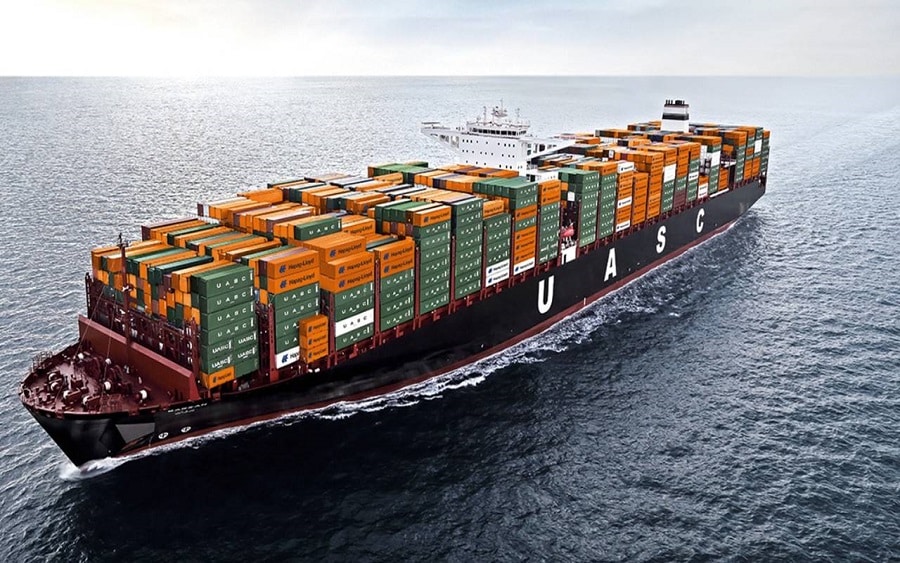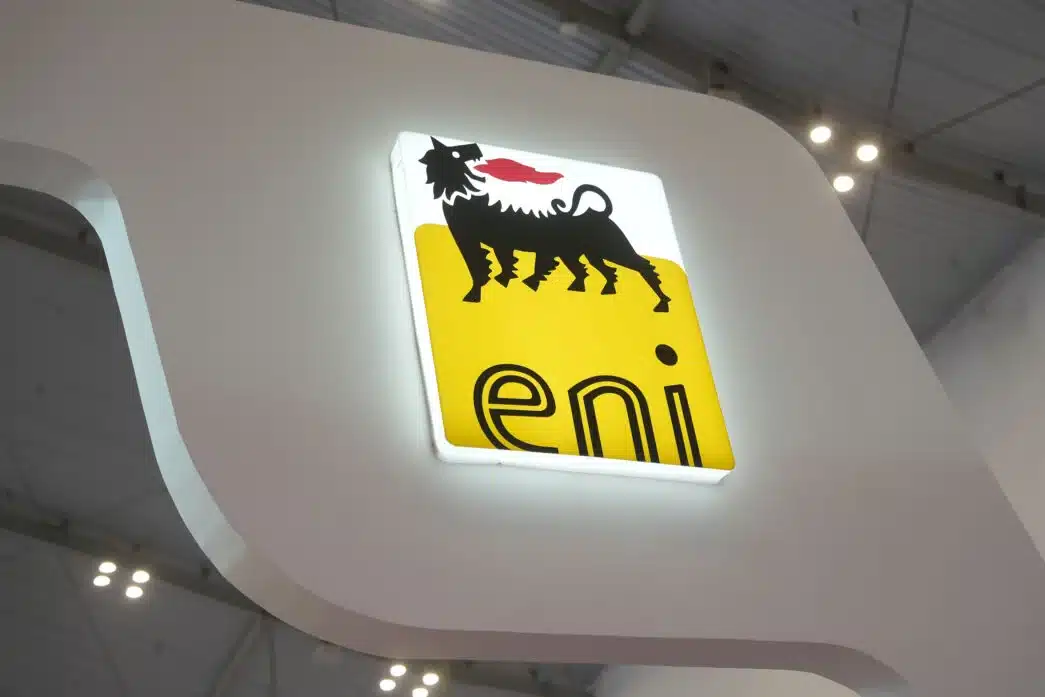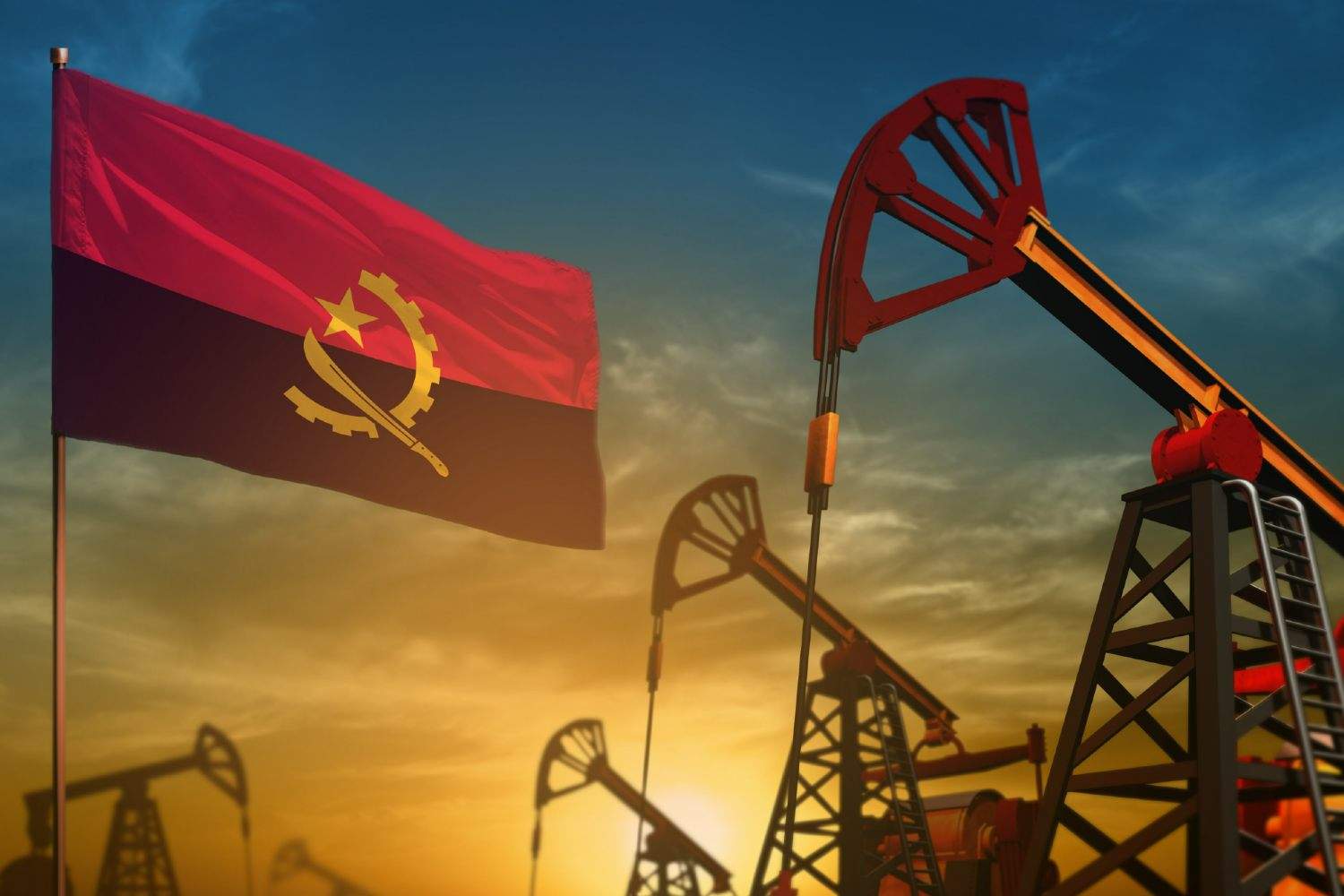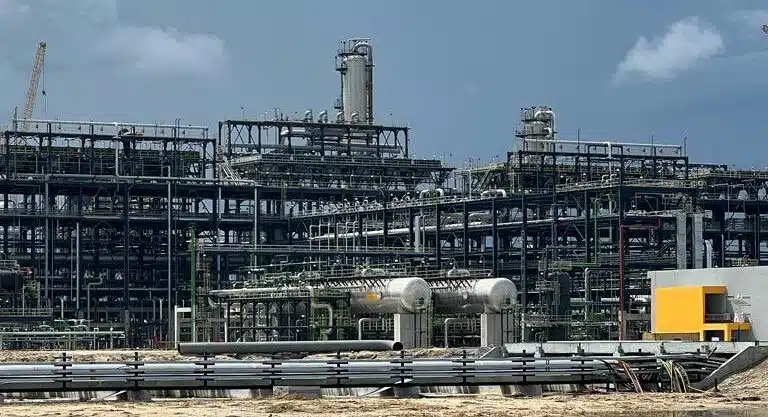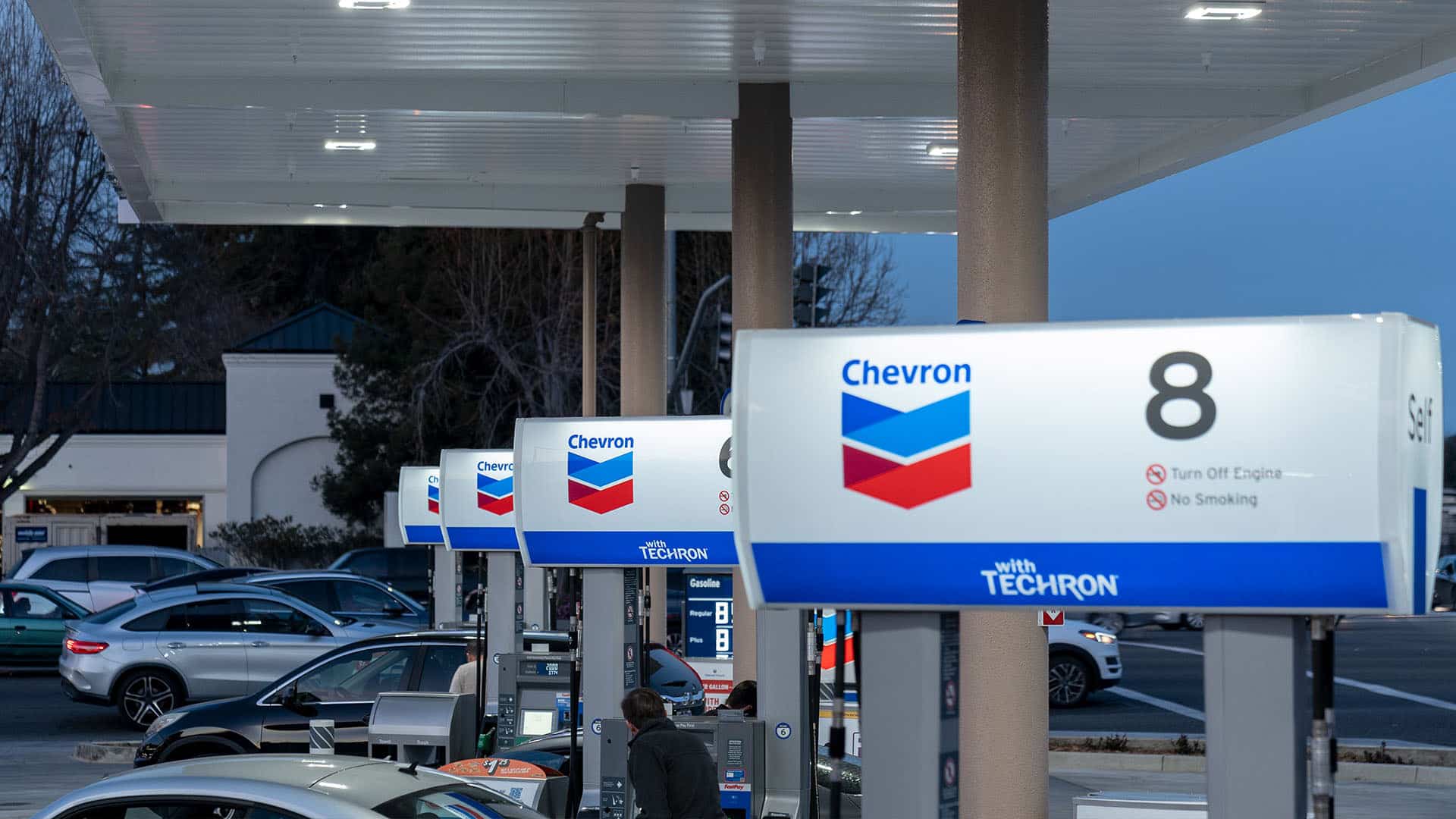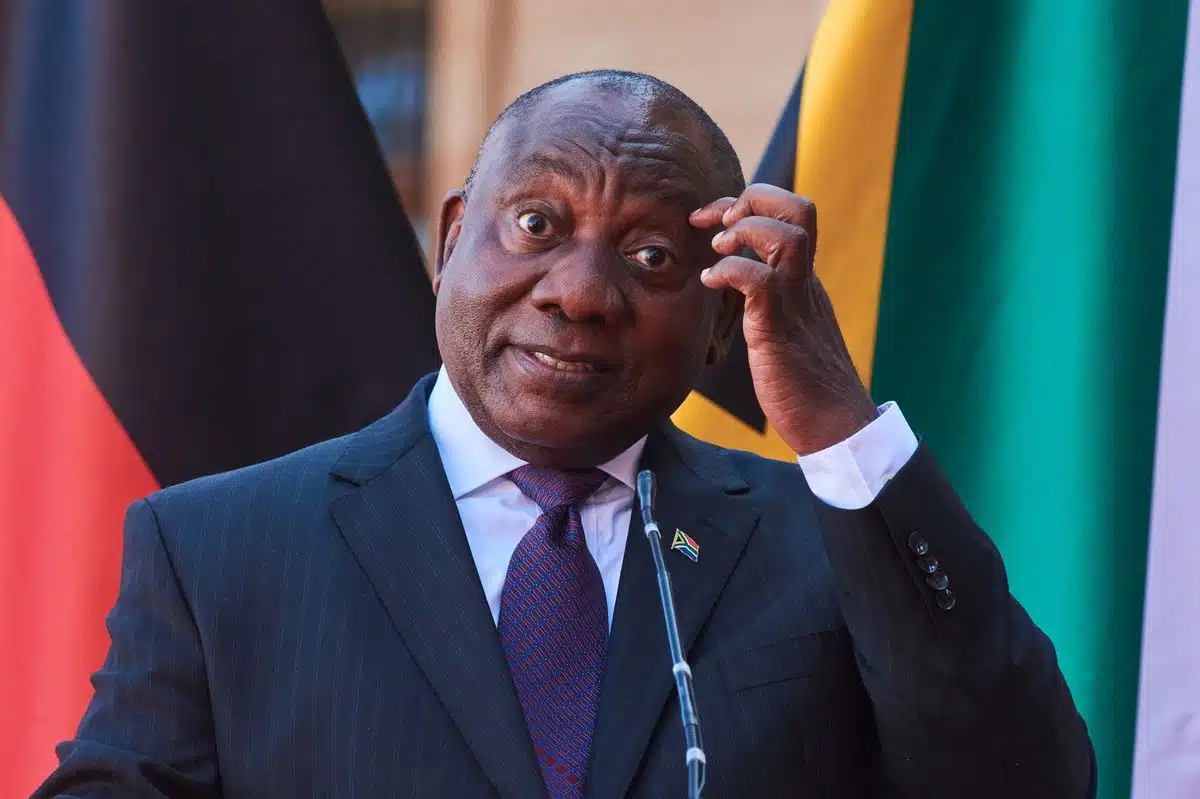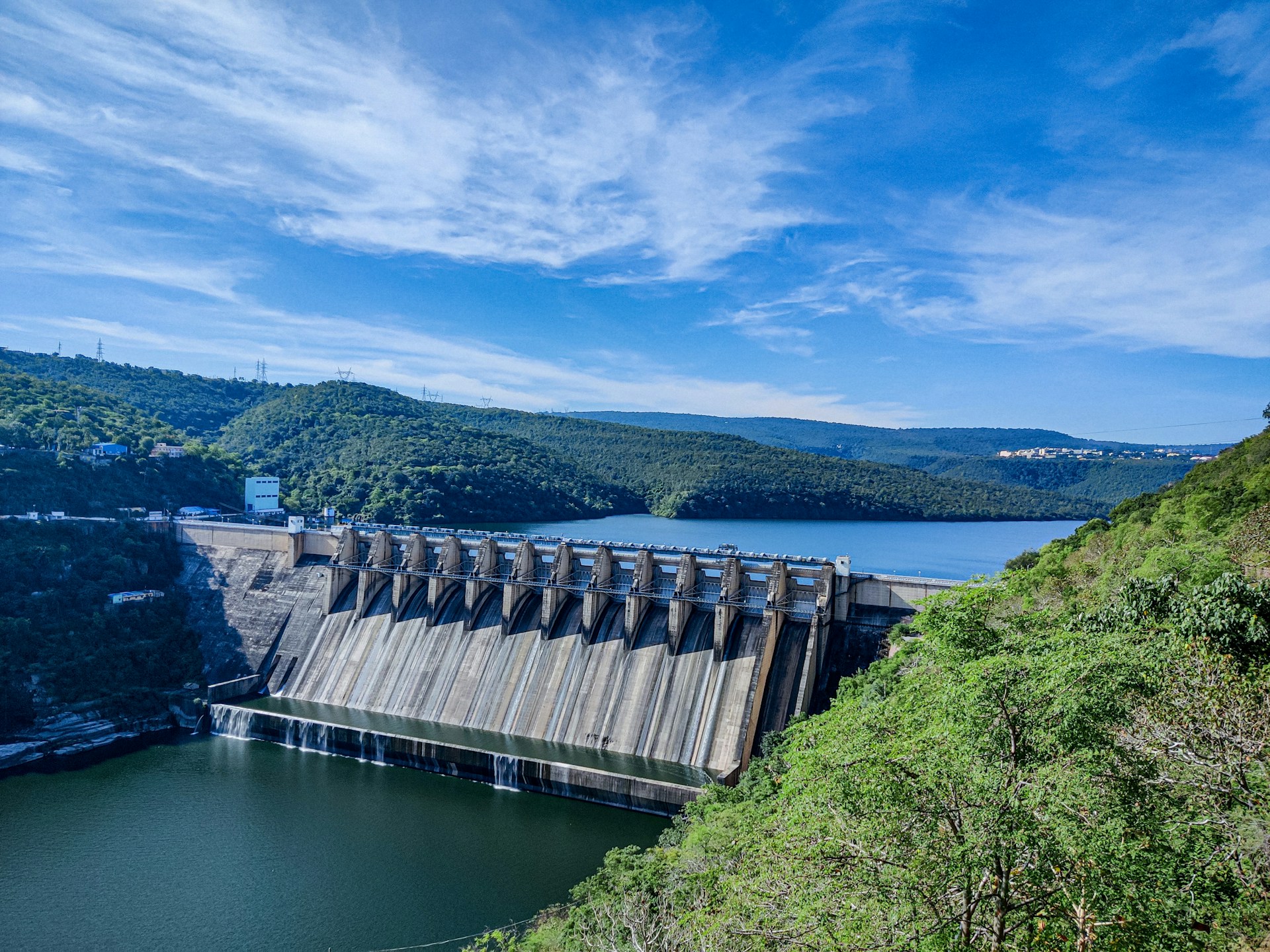Nigeria’s petrol imports fell to their lowest level in at least eight years in September, even as the country’s flagship Dangote refinery grappled with maintenance and industrial unrest.
According to vessel tracking data from Kpler, Nigeria received just 116,000 barrels per day (bpd) of seaborne gasoline last month, down sharply from 154,000 bpd in August.
This marks the lowest monthly import volume since records began in 2017.
The decline comes amid operational challenges at the 650,000 bpd Dangote refinery, which took its gasoline-producing RFCC unit offline on 2 September for maintenance. The unit was expected to resume full operations in early October.
Compounding the disruption, a two-day strike by the oil workers’ union Pengassan late in the month temporarily halted natural gas and crude supply to the facility.
The dispute was resolved at the start of October.
Despite these setbacks, Nigeria managed to avoid domestic fuel shortages.
Petrol prices at the Dangote refinery remained broadly stable at around N820 per litre (55¢/l), and the resumption of the naira-for-crude programme helped sustain local supply.
Under the scheme, Dangote purchases crude from state-owned NNPC using local currency and sells refined products domestically in naira.
Nigeria moves to become a net exporter
Nigeria’s Dangote Refinery made history in September with export of its first petrol cargo to the United States, having reached other markets.
Between June and July this year, the refinery exported about one million tonnes of petrol, marking a turning point for Africa’s then biggest fuel importer.
“Before now, Nigeria depended heavily on fuel imports, spending huge sums of money every year. With the coming of this refinery, we are now supplying the local market and also exporting to other countries,” said Aliko Dangote, chairman of the Dangote Group.
Once the world’s fifth-largest gasoline importer on a daily basis, Nigeria has slipped to eighth place in 2025, with imports down more than 40% year-on-year to 162,000 bpd between January and September.
The country remains the top buyer of European gasoline, though volumes have halved compared to last year.
In September, courtesy of the Dangote refinery, Nigeria’s net petrol imports fell to a new low of 38,000 bpd as the mega plant ramped up exports.
Notably, cargoes were loaded for New York Harbor, and total petrol loadings from Nigeria reached 77,000 bpd — the second-highest on record.
On the home front, Dangote has flagged off a $470 million fuel scheme in Nigeria, targeting big buyers like manufacturers, retail outlets and telecom companies.

